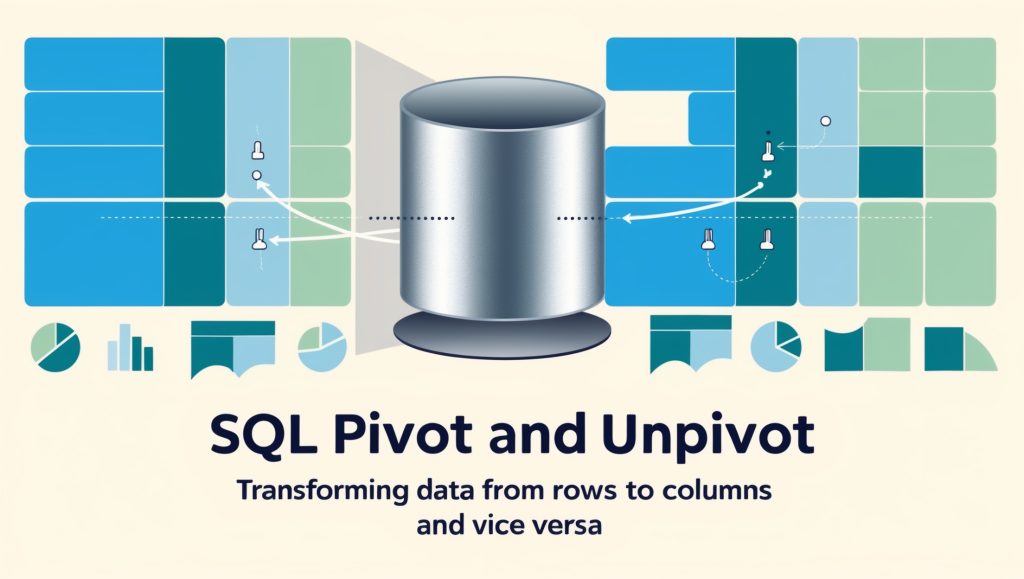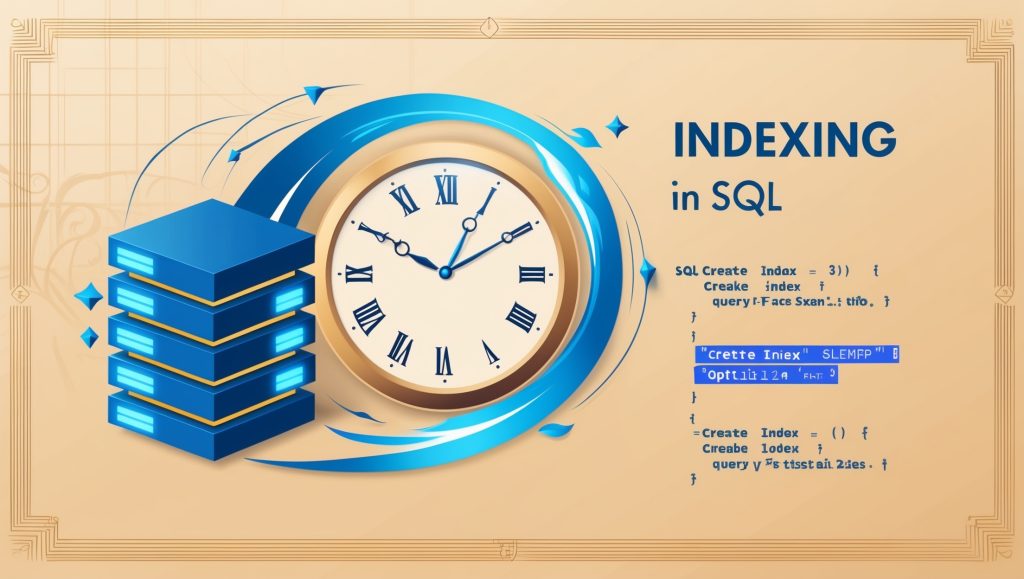Database indexing is a critical concept in SQL that significantly impacts query performance and overall database efficiency. Think of an index in a SQL database like an index in a book – it helps you quickly locate specific information without having to scan through every page. When properly implemented, indexes can dramatically reduce query execution time by providing quick access […]














